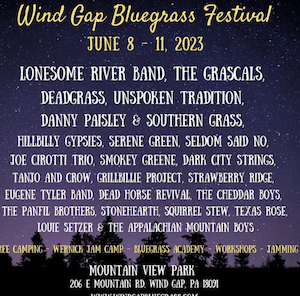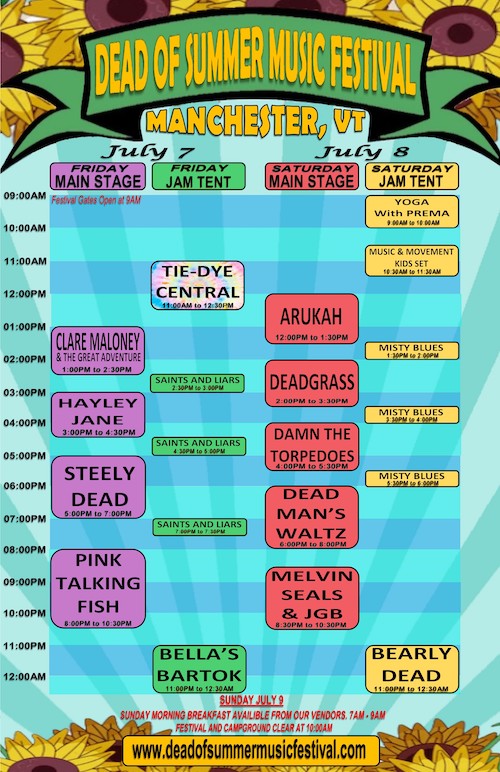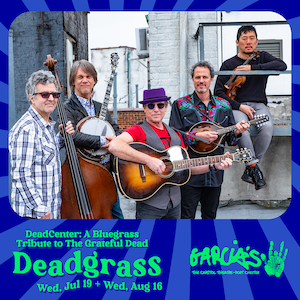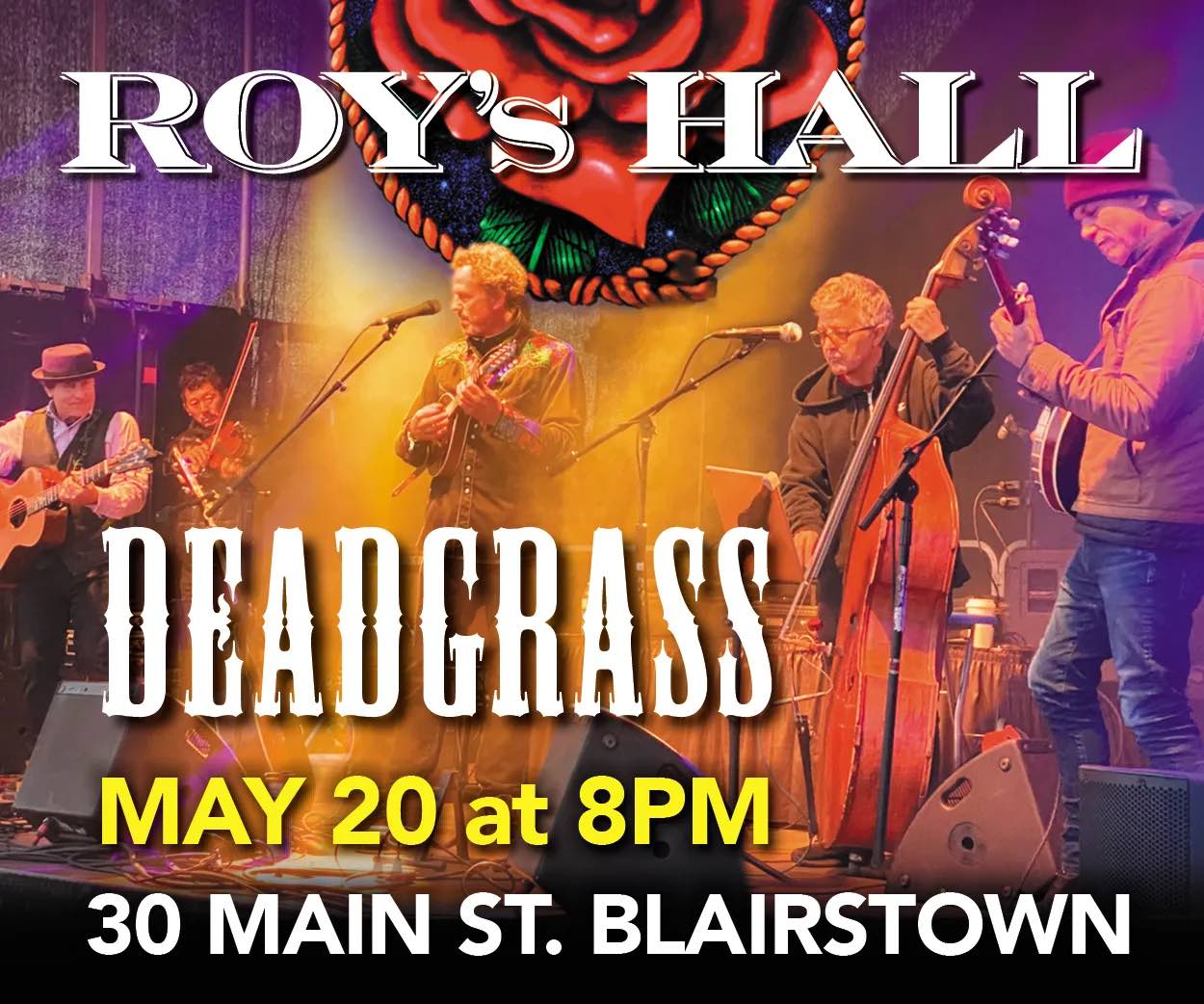



From Japanese Prodigy to Deadgrass and Beyond
Interview with Violinist Kensuke Shoji by Ilana Arazie
How did you get into bluegrass music growing up in Japan?
My father loved bluegrass music in his late teens and twenties when American culture became influential in Japan. Even though he worked as a bullet train operator, he also played banjo and guitar and he wanted to play with me. When I was seven, he bought me a violin and a year later I started taking classical lessons until high-school. Around 15 years old I learned some fiddle tunes and became more interested in bluegrass jazz music. My father and I played festivals together in Japan mostly in Gifu where we lived.
What brought you to America?
I wanted to come to the U.S. to play music, but I didn’t know how to get there. My jazz violin teacher Christian Howes was American so he brought me to the U.S. for music camps and workshops growing up. I felt that America had more opportunities and great diversity in music, which I wanted to experience. Seven years ago when I was 27, my teacher offered to be my Visa sponsor and that made me decide to move here.
What was the first thing you wanted to do when you moved here?
Find good and talented people to play music with!
That sounds about right! Then what did you do?
I got a teaching job at LX Music School, where I was teaching violin to kids. It was hard because the students didn’t always practice, but I enjoyed it. I then found a job the Brooklyn Conservatory of Music teaching violin on weekends at their Bluegrass Ensemble. I also started my band called Mental Scenery, where I composed all of the music and mixed jazz and world music. Mental Scenery includes Fima Chupakhin on piano and Dan Kurfirst on drums. I also host a bluegrass jam every Saturday at Sunny’s Bar in Red Hook.
Where do you live now and what is your community like?
I live in Midwood, Brooklyn and I like that it’s a quiet neighborhood. I mostly meet people at the jazz or bluegrass jams and parties. I miss my family in Japan, but I have mostly been enjoying life here so far.
How did you find out about Deadgrass?
The former fiddler player of the band, who I met Sonny’s Bar, was looking for a replacement since he was moving and asked me.
How do you like playing with the band?
After meeting the band in July in 2018, I listened to Grateful Dead songs for the first time in my life. It was interesting and a new challenge for me. I am enjoying playing this style of music now and improvising over the songs, which is fun. I now have more understanding of this music and am I’m bringing my energy into the band. And I also have to say that "Uncle John’s Band" is my favorite song we play at the moment!
What does your dad say about Deadgrass?
He is happy about the band. He sticks with listening to pure bluegrass, but he’s happy with what I’m doing.
Why do you want to stay in America?
I have more opportunities to play music here than in Japan. I can make a living here and it’s harder in Japan for what I do. The number of people who listen to live music here is much bigger than in Japan and that’s exciting to me. Even on Monday night, people go to concerts and are out late. It’s quiet at night during the weekdays in Japan.
Do you miss Japanese food from Japan?
The sushi is better and cheaper in Japan, this is true! We do sushi rolls but more simply than here. I don’t go often, but my favorite sushi restaurant is called Kanoyama in the East Village.
What’s your hope for Deadgrass?
I want to tour a bit more with the band and travel out West.
What is your hope for yourself?
It would be nice if I were a little more known. I also want to play outside of New York and travel more while playing.
We look forward to playing more music with you, Ken!
Beyond The 'Dead'
Bluegrass band celebrates Jerry Garcia
by Joe Burns
"Deadgrass’ way is similar to the acoustic style employed by Garcia in Old and in the Way and in his collaboration with mandolin player David Grisman. Added to that approach are the band’s extended jams, a la The Dead. Lanzbom says the jams are done with the understanding that they don’t yet have the artistic license that The Dead had."

